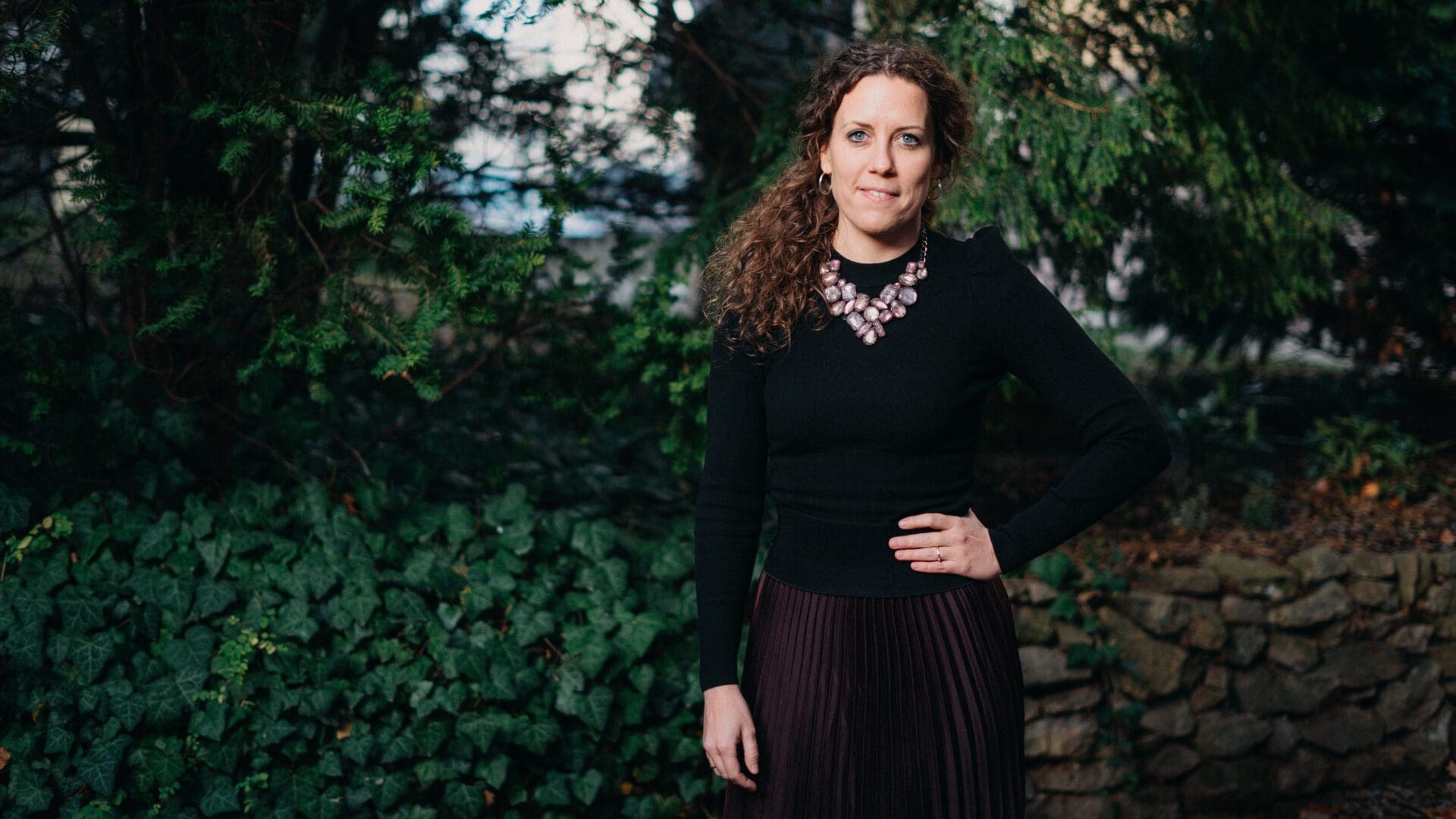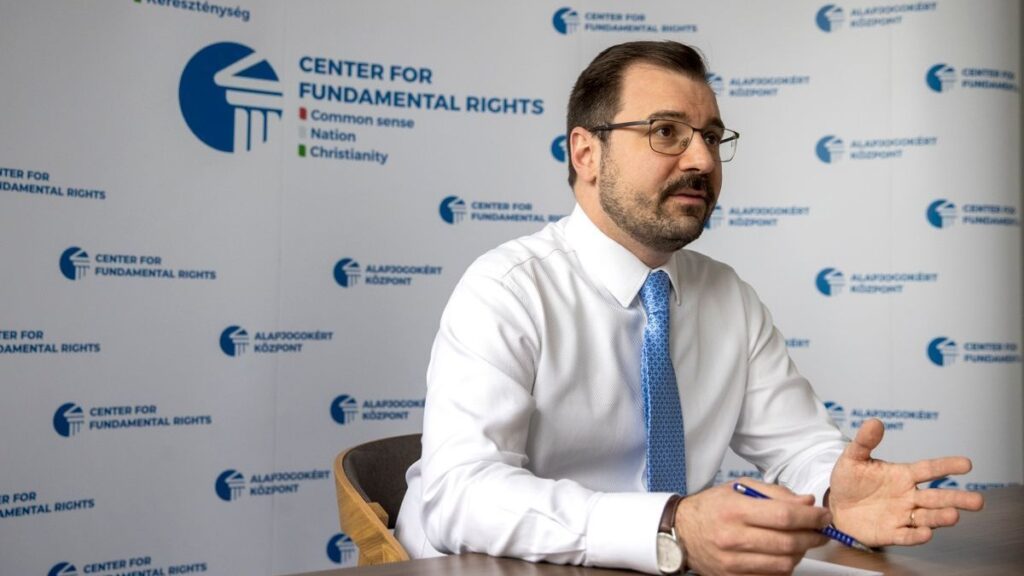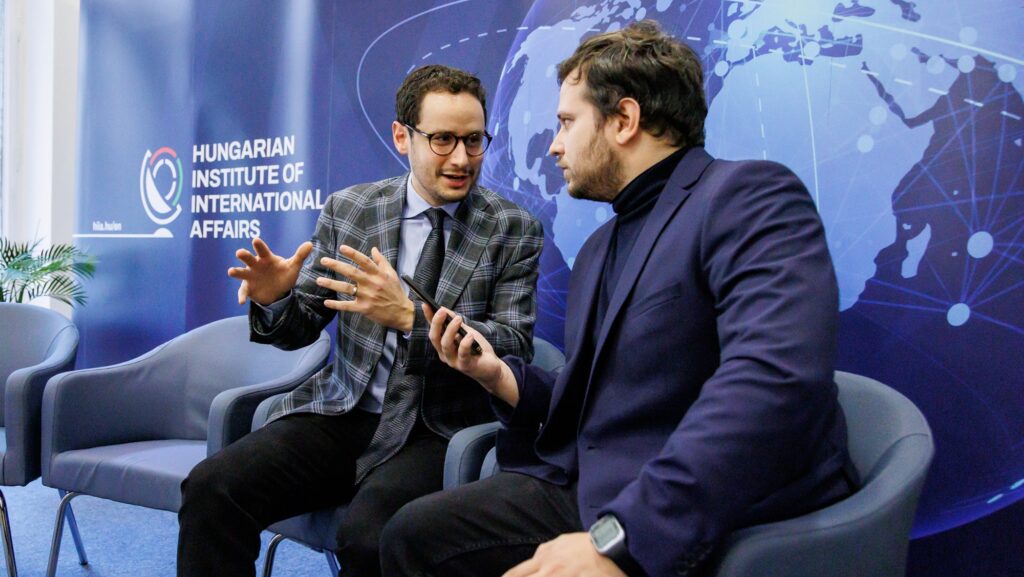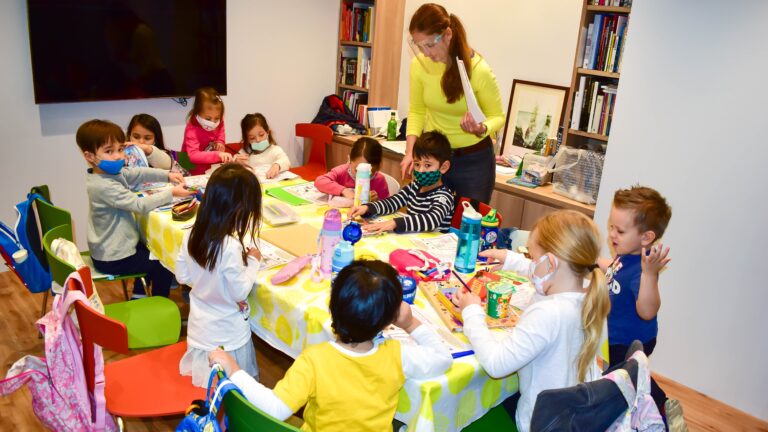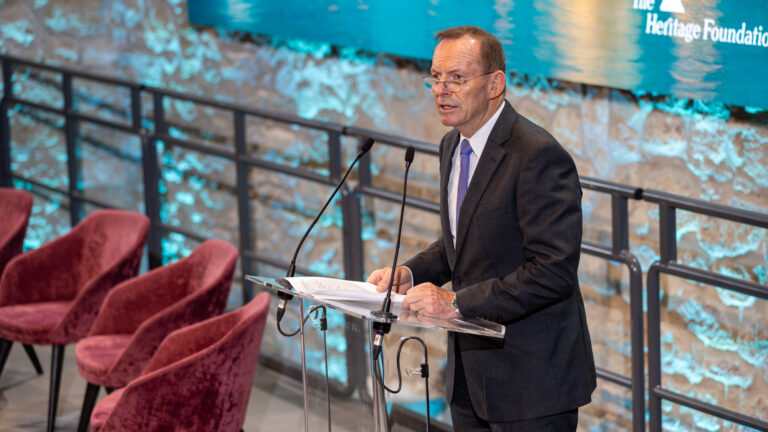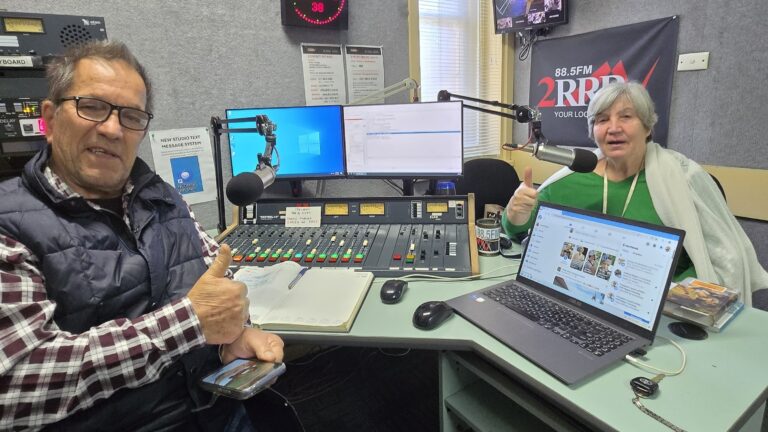The following is a translation of an interview written by Márton Éry, originally published in Magyar Krónika.
Magyar Krónika sat down with Hungarian psychologist and singer Klára Korzenszky, who has been working at the Bethesda Children’s Hospital helping severely injured and chronically ill children and their families, as well as those recovering in the intensive care unit, for nine years. You can read the interview below.
In addition to her work at the hospital, she also gives fairy tale concerts based on children’s psychodrama and fairy tale therapy with her ensemble Klárisok, and has previously performed with the bands Ghymes and Makám as well. For her, being a singer and being a clinical psychologist are inseparable.
***
Anyone who knows your name would say that you are a psychologist and singer. How do you reconcile these two professions?
I believe that one cannot exist without the other. I use both of my professional qualifications in both fields. I bring a lot of musical devices and instruments to the hospital and the therapy sessions. Meanwhile, our concerts are based on therapeutic methods, children’s psychodrama, fairy tale therapy, and music therapy.
You have a very busy schedule.
I spend my weekdays in the hospital, where the daily healing work takes place. As a psychologist, I am involved in somatic medicine. I deal with psychological support for severely injured, burned, and chronically ill children. My time at the hospital is therefore spent helping children and their families to improve their health, either in the form of individual conversations at the bedside, in groups, or in the context of family therapy. This is how my average weekdays pass. No day is the same as the other—it requires a lot of flexibility, but this is what inspires me.
I mostly have time for concerts on weekends. Every performance fills me up, especially when the difficulties in the hospital are already too much and I feel the need to spend a little time with other activities. The number of rehearsals depends on the situation. When making a new record or preparing for a new performance, practice is more intense, but before an average concert, there is neither time nor opportunity to rehearse. These two professions are like a balance in my life: if one is too much, I recharge myself with the other.
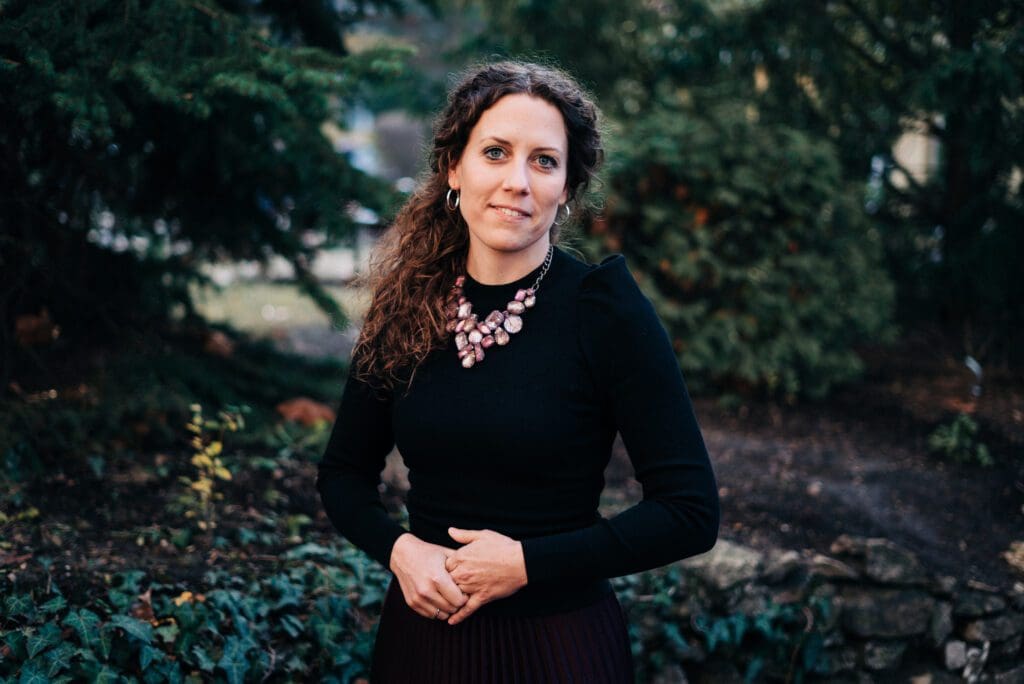
I understand that the medical profession runs in your family, as your father is a physician, too. To what extent did your environment support your musical aspirations?
Absolutely. So much so that I was originally trained to be a flutist, that is, my childhood was characterised by intensive practice, regular piano lessons, and back-to-back music theory classes. I also learned folk dance and folk music for many years. Then, in secondary school, I decided that folk music would be my thing. It was around this time I realised that I was interested in psychology, too. It took me a long time to finally get to work in a hospital as my father did, and I gained a lot of professional experience during the process.
Your ensemble, Klárisok, builds each record around a certain theme. Did you also get this idea from psychology?
In Klárisok, our concept is to string songs to fairy tales like a pearl necklace. That is where the name comes from, as the word kláris (meaning ‘coral’ or ‘pearl’ in English), in addition to being a reference to my name, also means a string of pearls. The record is structured around fairy tales and folk songs that everyone knows, so everyone can sing along with us. Each song is played at the point in the tale where it makes the most sense. Our first album, Szerelemcsütörtök, dobszerda (Love Thursday, Drum Wednesday), is built on the thread of the classic fairy tale scheme; Kerekégenjáró (Walking on the Sun and Stars) is based on the celestial body-liberating hero tale about the Napvitéz (Sun Knight); and the album Tíz, tíz, tiszta víz (Ten, Ten, Clear Water—a line from a Hungarian nursery rhyme) is a version of the fairy tale titled A só (The Salt), where the central element is water, thus our folk songs about water are the lead singles on the record.
It is important to have a theme because it is what guides the children’s attention. In addition, the development aspect is also a priority for us. At the concerts, we perform these songs interactively. We choose characters from the audience, so they can be active participants in the story, and the songs will stay in their memory more vividly. In fact, this also holds true for therapeutic processes; children must be put in different situations, and then direct their attention.
Tiszta víz
Provided to YouTube by Believe SAS Tiszta víz · Klárisok · Korzenszky Klára · Buzás Attila · Eredics Dávid · Porteleki Áron · Traditional Tíz, tíz, tiszta víz ℗ Korzenszky Klára Released on: 2020-11-27 Auto-generated by YouTube.
Adults often shy away from interactive performances. How do children relate to acting?
Every concert is different, as every child is different as well. The good thing is that the brave can set a pattern of behaviour and pull the more timid ones along with them. If there are fewer brave children, we select those few and they carry the story forward. It is important that they can do anything and nothing is mandatory. In general, however, the experience is that there are more and more children wanting to appear on stage.
Looking down from the stage, can you tell which child is braver and which is shyer?
Usually yes. It also matters whether a child sits directly in front of the stage or rather on his mother’s lap. However, there are also cases when children sit in the back, but when I ask who wants to be, let’s say, a fairy queen, they immediately volunteer themselves and run to the stage. There are always surprises.
Both of your professions are centred around children. Can you reach the inner child in adults as well?
Yes, with Klárisok we release children’s records, but we play for the whole family. At concerts, it is fantastic to see how the parents also get excited and more and more active from song to song. They see their children and can pick up on the songs and stories they already know. Concerts mean joint programmes where parents can enjoy themselves, together with their children. By the way, when listening to music, playing an instrument, or singing, our brain’s reward centre is activated, and the so-called happiness hormones, such as endorphin and dopamine, are released, which is why we feel good. I think that it is also important to address the audience at concerts for adults. I believe in real interaction, like singing with the audience. In this way, participants take home a much more complex experience than if they were just mere listeners.
What guidance can fairy tales provide for adults at a time when, after a pandemic, despite the war raging in our neighbourhood, we are trying to remain optimistic?
According to fairy tale therapist Ildikó Boldizsár, every life situation has its own story. Therefore, if we have a certain difficulty in life, we can find the corresponding tale that offers a solution to it. I believe that there are a lot of fairy tales that can help with the aforementioned issues as well. Both the Covid pandemic and the war are different crises—sooner or later we have to get over them. There are so-called normative and paranormative crises, too. The tradition of normative crises is that we must overcome them, and we also have models to do so. However, there are life situations in which we cannot apply learned solutions. Fairy tales can even serve as mini-scenarios for these conditions: although we will not find the exact imprint of our circumstance in them, but we can discover the actors, locations, and challenges in which we can recognise ourselves or our life situation, thereby finding solutions to our own problems.
Related articles:
Click here to read the original article

